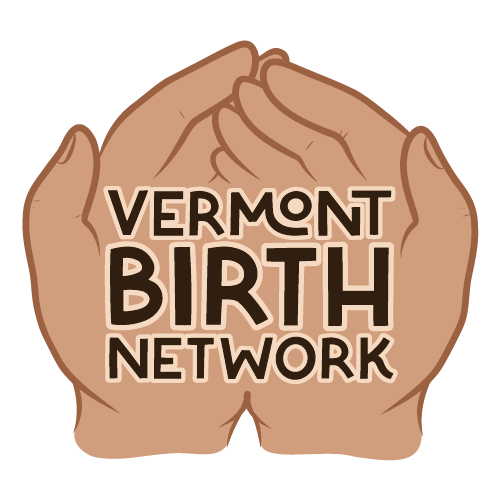
Movement & Exercise
Movement and exercise teachers, often referred to as fitness instructors or personal trainers, play a crucial role in helping individuals achieve their fitness and wellness goals. Their specific duties and responsibilities can vary depending on their specialization and the setting in which they work
-

Christine Badalamenti Smith
-

GROW Prenatal & Family Center
-

Dana Dabransky
-

Amy LePage
-

Rachel Martone Physical Therapy
-

Dr. Judith Meer
-

Dr. Kaleigh Mulpeter, PT
-

Erin McCabe
-

VT Moms Physical Therapy & Performance

Search by Location
Frequently Asked Questions
-
Movement and exercise can be highly beneficial during the peri-natal period, which includes the time during and after pregnancy. However, it's essential to approach exercise with care and consult with a healthcare professional before starting or continuing any exercise routine during this time, as individual circumstances can vary. Here are some ways in which movement and exercise can help during the peri-natal period:
Pain Management: Exercise can help alleviate common discomforts during pregnancy, such as back pain, leg cramps, and joint pain. Strengthening core and pelvic floor muscles can also contribute to better posture and reduced pain.
Stress Reduction: Pregnancy can be a stressful time, and exercise can help reduce stress and anxiety by releasing endorphins, the body's natural mood lifters.
Improved Mood: Regular exercise can boost mood and reduce symptoms of depression, which is especially important during the hormonal changes that occur during pregnancy.
Preparation for Labor and Delivery: Specific exercises, such as prenatal yoga and gentle stretching, can improve flexibility and strength in the muscles used during labor and delivery, potentially making the process smoother.
Weight Management: Maintaining a healthy weight during pregnancy and postpartum is important for some people. Exercise can help with weight management and promote healthy weight gain during pregnancy.
Enhanced Energy Levels: Pregnancy often comes with fatigue, but regular exercise can help boost energy levels and improve overall vitality.
Improved Posture and Balance: Pregnancy can alter a person's center of gravity, leading to changes in posture and balance. Exercise, particularly balance and stability exercises, can help mitigate these changes.
Prenatal Fitness: Prenatal fitness classes or specialized exercise programs designed for pregnant individuals can provide a safe and supportive environment for staying active during pregnancy.
Postpartum Recovery: After childbirth, exercise can play a vital role in helping individuals recover strength and fitness. It can also aid in restoring abdominal muscles and pelvic floor function.
Social Support: Participating in prenatal or postnatal exercise classes can provide an opportunity to connect with other expectant or new individuals, offering emotional support and a sense of community.
Improved Sleep: Exercise can help improve sleep quality during pregnancy, which can be challenging due to discomfort and hormonal changes.
Pelvic Floor Health: Exercises targeting the pelvic floor, like Kegels, can help strengthen these muscles, which are crucial for bladder and bowel control and play a significant role during labor and delivery.
It's important to stress the need for guidance from a healthcare professional or certified prenatal/postnatal fitness instructor before engaging in any exercise program during the peri-natal period. Individual health and pregnancy conditions vary, and what is safe and appropriate can differ from person to person. The exercise regimen should be tailored to the individual's specific needs and should prioritize safety and comfort for the pregnant person and the baby.
